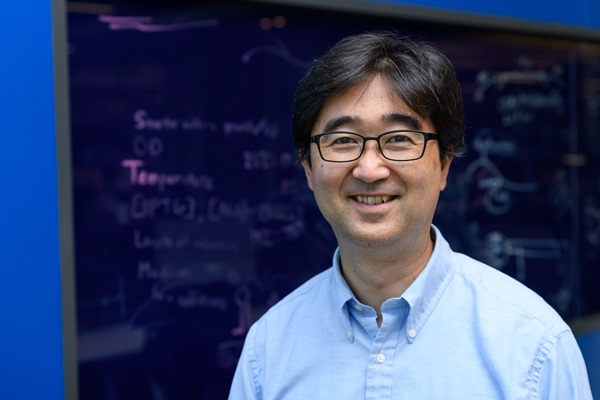
- This event has passed.
BE Seminar: “Microfluidics and Immuno-Materials for Organs-on-a-Chip”
March 14, 2019 at 12:00 PM - 1:00 PM
This presentation will describe microfluidic technologies to conveniently produce life-like pulsatile flows along with applications to study of lung injury, enhancement of in vitro fertilization, and analysis of frequency-dependent cellular responses. The microfluidic technologies range from adaptation of piezo-electric actuator arrays from Braille displays to design of microfluidic circuits that can be designed to switch fluid flow on and off periodically on their own. The presentation will also describe engineered materials to mimic an aspect of the innate immune system to combat bacterial infection. More specifically, reconstituted chromatin microwebs inspired by neutrophil extracellular traps. Using a defined composition reconstituted chromatin microweb, we reveal impact of microweb DNA-histone ratio on bacteria capture. Additionally, we found that E. coli, including clinical isolates and resistant strains, are killed more efficiently by the last-resort antibiotic, colistin, when bound to microwebs. Recent efforts towards incorporation of these materials into human cell systems will also be described. Time permitting, topics on organoids, fibrosis, liquid-liquid phase separation, and scaling may be incorporated.

Shuichi Takayama, PhD
Professor, GRA Eminent Scholar, Price Gilbert, Jr. Chair in Regenerative Engineering and Medicine - Department of Biomedical Engineering, Georgia Tech and Emory University
Prof. Shuichi Takayama’s research interests started with bioorganic synthesis at the University of Tokyo and Scripps Research Institute. Subsequently he pursued postdoctoral studies in bioengineered microsystems at Harvard University as a Leukemia and Lymphoma Society Fellow. He spent 17 years at the University of Michigan in the Biomedical Engineering Department and Macromolecular Science and Engineering Program, then moved to the Wallace H. Coulter Department of Biomedical Engineering at the Georgia Institute of Technology and Emory School of Medicine in the summer of 2017. He is an associate editor of Integrative Biology and recipient of the Pioneers of Miniaturization Prize. Research interests include use of micro/nanofluidics for cell analysis, protein, nucleic acids, and chromatin analysis. Specific technology expertise include high throughput 3D cell culture, organs-on-a-chip design, self-switching fluidic circuits, fracture fabrication, inflammatory chromatin mesh material engineering, and aqueous two phase systems. Application areas include cancer metastasis, lung diseases, assisted reproduction, cell signaling analysis, and antibiotic resistance.
